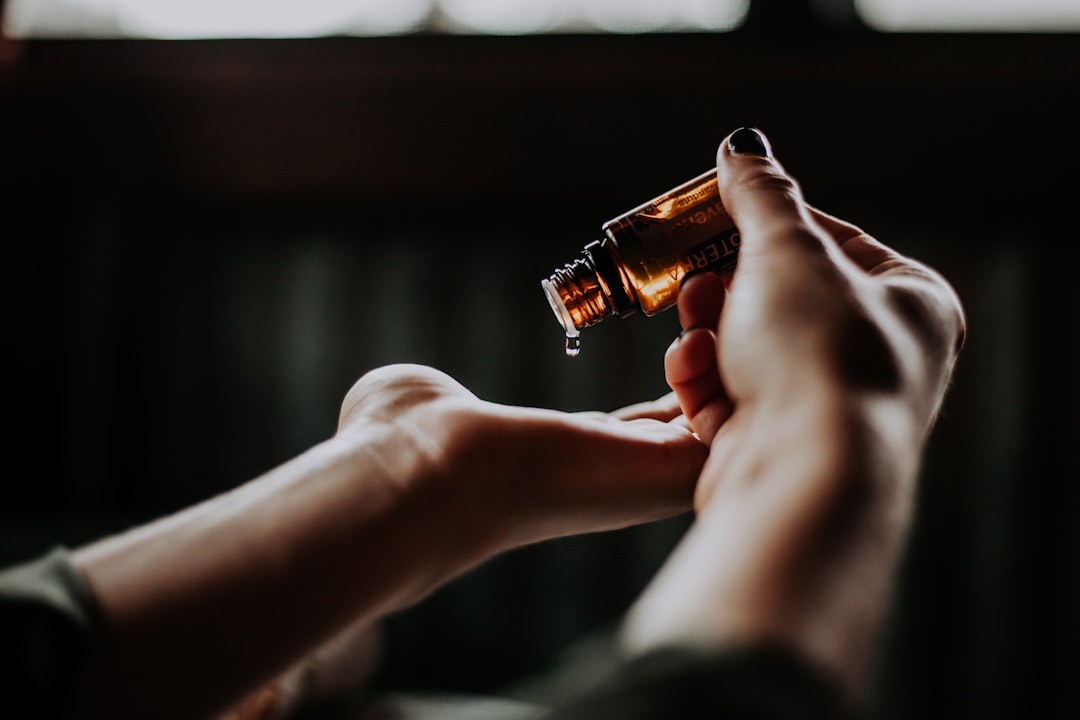In Illinois, both therapists and clients must adhere to strict regulations on massage therapy practices to prevent massage abuse or sexual assault. Therapists require mandatory training and certification, while clear consent and boundaries protocols are essential. If abuse occurs, consulting specialized massage abuse lawyers in Illinois is recommended. Creating a safe environment involves robust policies, staff training, and open communication, ensuring compliance with laws related to patient protection and utilizing legal advice from qualified attorneys when necessary.
Creating a safe environment is paramount in Illinois’ massage therapy industry. With growing concerns about massage abuse and sexual assault, therapists and practices must navigate a complex web of regulations and best practices. This guide delves into the essential steps to establish a secure setting, including understanding local laws, recognizing red flags, implementing robust policies, staff training, and legal considerations. For expert advice, consult top-rated massage abuse lawyers in Illinois who specialize in protecting clients’ rights.
Understanding Massage Therapy Regulations in Illinois

In Illinois, massage therapy practices are regulated to ensure client safety and protect against potential massage abuse or sexual assault. Understanding these regulations is crucial for both therapists and clients. The state has established guidelines that include mandatory training and certification for massage therapists, as well as strict consent and boundaries protocols. These rules aim to prevent any form of misconduct by creating a clear framework for professional conduct.
Knowing your rights and the legal protections in place is essential. If you’ve experienced massage abuse or sexual assault at an Illinois massage therapy facility, it’s recommended to consult with a specialized lawyer who can guide you through the process. Massage abuse attorneys and law firms in Illinois are equipped to handle these sensitive cases, ensuring clients receive justice and support for their traumatic experiences. They can provide advice on navigating legal options, understanding your rights under the massage abuse laws, and helping to hold perpetrators accountable.
Identifying Potential Risks and Red Flags

In the course of providing massage therapy, there are several potential risks and red flags that practitioners in Illinois must be vigilant about. These can range from physical harm to sexual assault, especially given the intimate nature of the service provided. A careful assessment of these risks is crucial to ensuring a safe environment for both therapists and clients.
Illinois has specific laws in place to protect against massage abuse and sexual assault. Any suspicious behavior, such as inappropriate physical contact, unsolicited advances, or unusual requests from clients, should be treated with utmost seriousness. Having a clear policy on consent, boundaries, and reporting procedures is essential. Additionally, massage therapists should be educated on recognizing and responding to red flags, and they must understand their legal obligations and the services provided by Illinois massage abuse lawyers, attorneys, or law firms specializing in these cases, should any incidents occur.
Establishing Clear Client Policies and Procedures

Creating a safe environment in massage therapy practices involves establishing clear client policies and procedures that protect both therapists and clients from potential abuse or misconduct. This includes defining expectations for professional behavior, privacy protocols, and consent processes. Therapists should be trained to recognize signs of discomfort or inappropriate interactions, and have a protocol in place for addressing these issues immediately.
In Illinois, where massage abuse lawyer, massage abuse attorney, and massage abuse law firm services are available, having robust policies can serve as a deterrent and provide a legal framework for handling any incidents. Clients should be informed about their rights, the steps to report concerns, and the consequences of violating these policies. By implementing these measures, massage therapy practices in Illinois can foster an atmosphere that prioritizes safety, trust, and respect, while also ensuring compliance with relevant laws and regulations regarding massage abuse prevention.
Training Staff and Creating a Culture of Safety

Creating a safe environment in massage therapy practices starts with comprehensive staff training and cultivating a culture that prioritizes safety. All employees, from front-desk staff to therapists, should receive thorough training on recognizing and preventing potential forms of abuse, including sexual assault. This involves educating them on client behavior patterns that may signal discomfort or intent, as well as proper boundaries and communication techniques. Regular, mandatory workshops and refresher courses can help keep everyone alert and informed about the latest guidelines and legal requirements related to patient safety and consent.
Moreover, fostering an open and transparent culture where staff feel comfortable reporting any concerns or suspicious behaviors is vital. Establishing clear protocols for handling complaints and incidents, with designated individuals responsible for investigating and addressing them, can significantly enhance the sense of security within the practice. Regular team meetings dedicated to discussing safety issues, sharing best practices, and reinforcing the commitment to a zero-tolerance policy for abuse will create a cohesive atmosphere that actively discourages any form of misconduct, ensuring clients receive the care they need in a truly secure environment.
Legal Aspects and Seeking Expert Advice

In Illinois, creating a safe environment in massage therapy practices involves understanding and adhering to specific legal aspects related to patient protection. Massage therapists must be aware of state laws that address consent, privacy, and reporting requirements. The law forbids any form of sexual harassment or assault within therapeutic settings, and violators can face severe penalties, including civil lawsuits for damages. To ensure compliance, it’s crucial to seek expert advice from qualified attorneys who specialize in massage abuse cases. They can provide guidance on drafting clear consent forms, implementing robust privacy policies, and establishing procedures for handling complaints or allegations of misconduct.
Massage therapy professionals should actively encourage open communication with clients and foster an atmosphere where individuals feel comfortable reporting any incidents without fear of retaliation. By seeking legal counsel from reputable massage abuse lawyers in Illinois, therapists can better navigate potential issues and protect themselves and their clients from the harmful effects of abuse or sexual assault within the therapeutic environment. This proactive approach not only safeguards the well-being of patients but also maintains the integrity of the profession.





